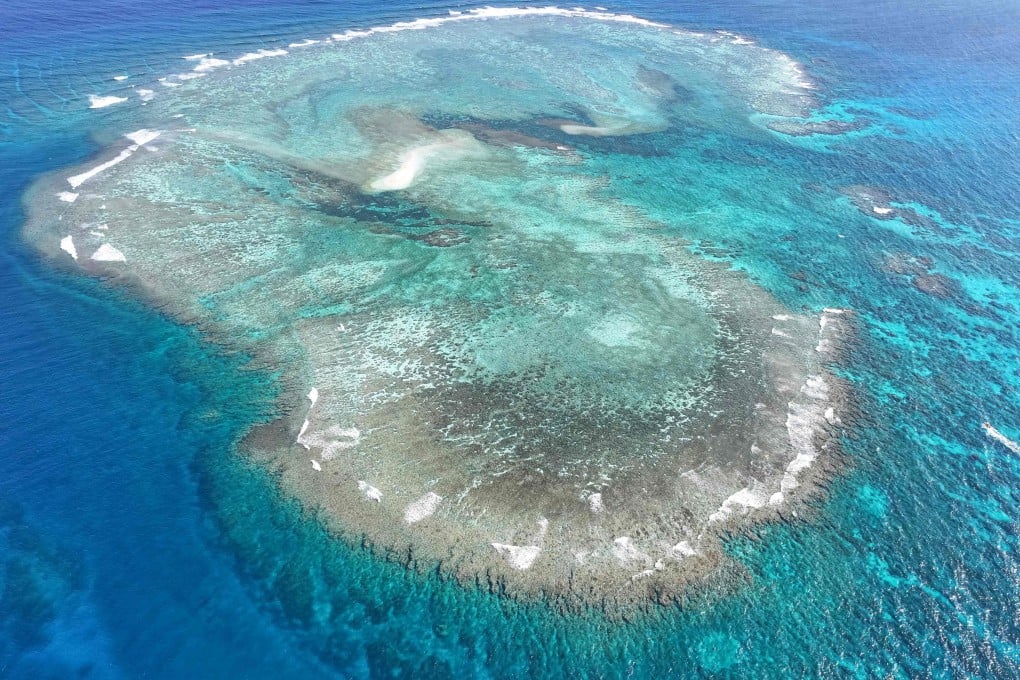South China Sea: Philippines sounds alarm about coral reef damage related to Beijing’s reclamation activities
- Maritime assessment in March shows coral reefs on Pag-asa Island severely degraded, with debris around the area indicating the damage is man-made
- China’s reclamation activities and swarming of its maritime militia vessels are the biggest causes of maritime environmental destruction, analyst notes

A marine resource assessment conducted in March showed many of Pag-asa’s coral reefs are severely degraded and unusually high piles of debris found around the island indicate that the damage is man-made, according to Professor Jonathan Anticamara of the University of the Philippines’ Institute of Biology.
“While it is not yet 100 per cent certain that the piles of rubble were man-made, the government must still be vigilant,” Anticamara said at a press briefing on Saturday.
“So, if there is one country that we need to hold accountable for the damage to the environment, for our coral reef … that will only be the People’s Republic of China,” Tarriela said.
“And if you are going to ask me now who is our suspect in doing illegal small island reclamation in [Pag-asa’s cays] … there’s no other country that we can pinpoint, no – it’s only the People’s Republic of China.”